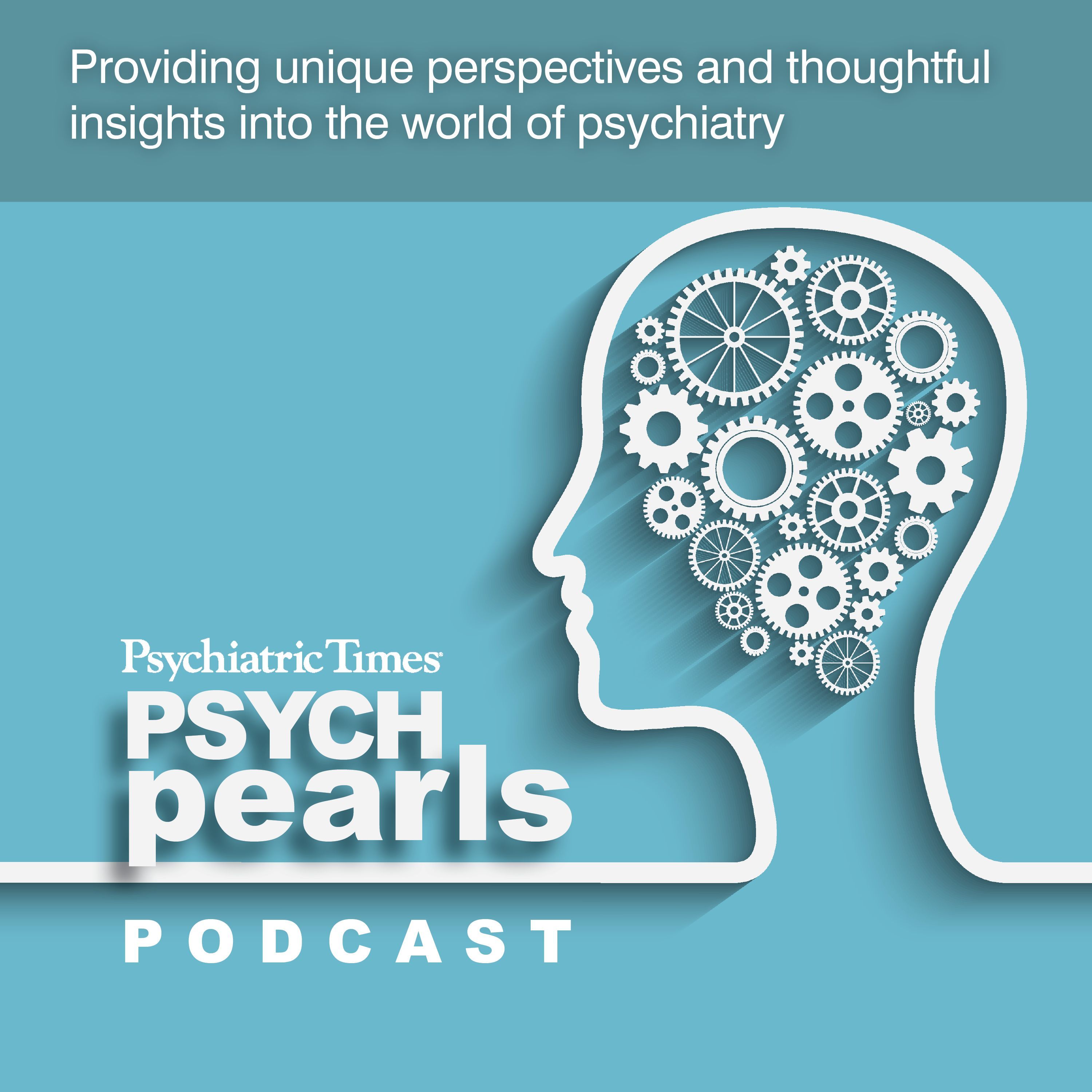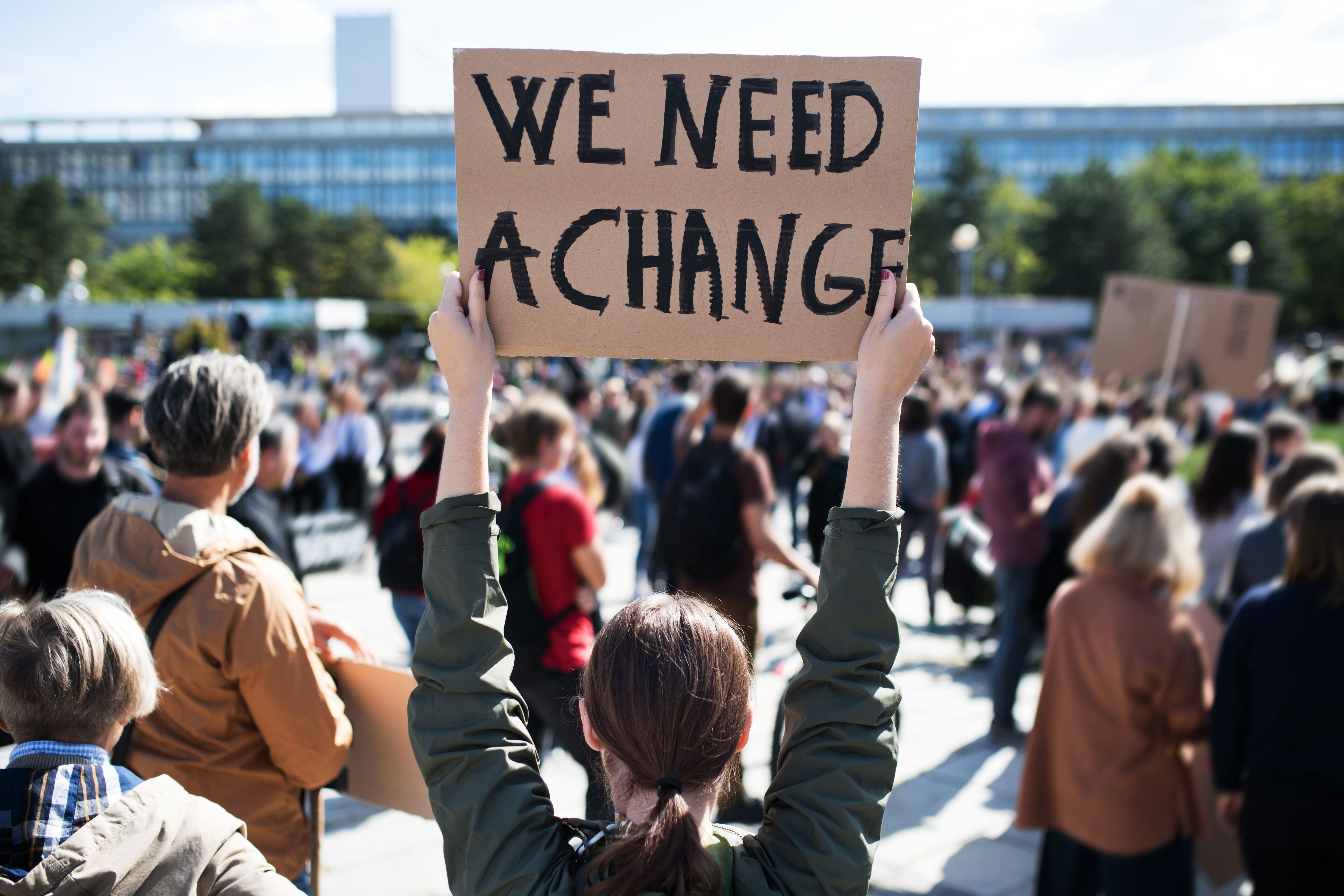Article
Three Proposals for Trauma-Sensitive Residency Programs
Author(s):
What should residency programs be doing to address current traumas?
lenetsnikolai/AdobeStock

COMMENTARY
The fallout from the COVID-19 pandemic, a lethal presidential transition, the ongoing reckoning with policing in America, and a gaping racial wound that has been present since well-before the nation’s inception have traumatized an untold number of Americans. Like most institutions associated with mental health services, graduate medical education in psychiatry will need to evolve in tangible ways to meet the demands of this moment. Here are 3 proposals that would help residency programs produce trainees that are adept at both treating and advocating for a traumatized populace.
1. Emphasize Psychotherapy in Training
Residency programs will need to continue their efforts to keep psychotherapy as a mainstay of psychiatric practice. Psychotherapy continues to be a cornerstone in the treatment psychological trauma.1 Unfortunately, the role of psychotherapy training in residencies has dwindled considerably over the years, though not necessarily because of a lack of interest or enthusiasm among residents.2
A multi-site survey of psychiatry residents conducted between 2006 and 2007 showed that 82% of respondents considered being psychotherapists central to their identity as clinicians.3 Owing to its small sample size, one can hardly draw sweeping conclusions. That said, anecdotal evidence suggests that psychiatrists recognize psychotherapy as having an important place in practice and are concerned about its diminishing role. External pressure from the health care system increasingly confines them to the role of prescriber while outsourcing psychotherapy to therapists. While this is ultimately driven by perceived economic costs, it is a grossly short-sighted approach. Psychotherapeutic skills are critical even for psychiatrists who choose to practice from a predominately biological orientation.
A possible solution could be to offer psychotherapy as a sub-specialization in psychiatry.4 Unfortunately, this could have the effect of disincentivizing residency programs from going beyond simply meeting the requirements of the Accreditation Council for Graduate Medical Education (ACGME). Since gaining competency in psychotherapy is a time intensive endeavor, perhaps the answer lies in expanded tracks within training programs that allow residents to pursue their interests in psychotherapy within the confines of a 4-year training program.
2. Formalized Education in Historical Trauma
Historical trauma is defined as “complex and collective trauma experienced over time and across generations by a group of people who share an identity, affiliation, or circumstance.”5 In order to offer more than just an empathetic ear, psychiatrists should develop a subtle understanding of how patients experience the sequelae of historical trauma at an individual level. One way for programs to accomplish this would be to adopt a more formal education in historical trauma. Furthermore, hiring a trauma-informed workforce is among the key organizational changes proposed by the Center for Health Care Strategies in their 2016 brief on the implementation of trauma-informed care.6
Adopting this framework contextualizes trauma from historical injustices as a collective experience for members of a community. Moreover, it frames trauma as an ongoing process, as opposed to a singular historical event with a definitive bookend. Placing contemporary injustices in a historical context will bolster cultural competency, and in turn yield a stronger therapeutic alliance with patients.
3. Train Psychiatrists to be Advocates
This moment demands that psychiatrists accept our mutually reinforcing roles of healer and advocates for public mental health. Therefore, residency programs must incorporate seminars and/or workshops on advocacy into didactics, and the ACGME should consider instituting this as a requirement. As a specialty, psychiatry must be attuned to an individual’s socioeconomic status, as well as their sociopolitical circumstances—these are central to mental well-being. Improving a community’s mental health needs to simultaneously address the conditions that either predispose individuals to poor mental health or exacerbate current conditions. This requires engagement that goes beyond the clinic, hospital, or an electronic screen. The key challenge here will be to strike a precarious balance between respecting individual autonomy and paternalism.
Advocacy through meaningful community engagement can assume many different modalities, including but not limited to social media, coalition building, developing relationships with local stakeholders, or lobbying local legislators, etc. Programs may consider developing a formal curriculum that equips trainees with effective strategies for exploring these avenues. This should go hand in hand with developing networks of local advocates who can help trainees gain in-field experience.
The good news is that psychiatry already recognizes the indispensable role of social determinants to an individual’s overall well-being. This is why it is the specialty that tends to champion the various causes of social justice, whether they be racial, economic, environmental, reproductive, etc. Moving forward, it would be a boon to our patients if this became an occupational objective, rather than an occupational hazard.
Acknowledgments: I am grateful to Dr James Knoll for his edits to this piece.
Faiz Kidwai is a PGY1 in psychiatry at Upstate Medical University. The views expressed in this article do not necessarily represent the views of his institution. You can find him on Twitter at @kidwaifaiz.
References
1. Guideline Development Panel for the Treatment of PTSD in Adults, American Psychological Association. Summary of the clinical practice guideline for the treatment of posttraumatic stress disorder (PTSD) in adults. Am Psychol. 2019;74(5):596-607.
2. Mojtabai R, Olfson M. National trends in psychotherapy by office-based psychiatrists. Arch Gen Psychiatry. 2008;65(8):962-970.
3. Lanouette NM, Calabrese C, Sciolla AF, et al. Do psychiatry residents identify as psychotherapists? A multisite survey. Ann Clin Psychiatry. 2011;23(1):30-39.
4. Moran M. Should psychotherapy be a psychiatric subspecialty? Psychiatric News. March 26, 2020. https://psychnews.psychiatryonline.org/doi/10.1176/appi.pn.2020.3b6
5. Mohatt NV, Thompson AB, Thai ND, Tebes JK. Historical trauma as public narrative: A conceptual review of how history impacts present-day health. Soc Sci Med. 2014;106:128-136.
6. Menschner C, Maul A. Key ingredients for successful trauma-informed care implementation. April 2016. https://www.samhsa.gov/sites/default/files/programs_campaigns/childrens_mental_health/atc-whitepaper-040616.pdf
Newsletter
Receive trusted psychiatric news, expert analysis, and clinical insights — subscribe today to support your practice and your patients.





